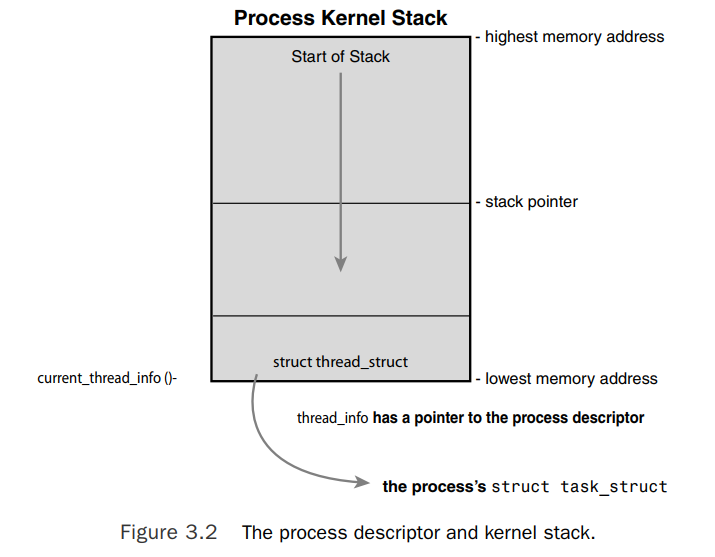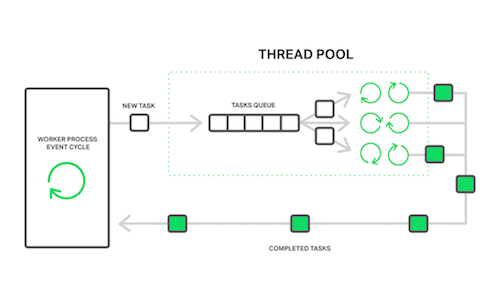

Sets (see capabilities(7)) and CPU affinity mask (see The new thread inherits copies of the calling thread's capability The initial value of the new thread's CPU-time clock is 0 (see The new thread inherits the calling thread's floating-point Inherit the creating thread's alternate signal stack The new thread inherits a copy of the creating thread's signal Identifier is used to refer to the thread in subsequent calls to The ID of the new thread in the buffer pointed to by thread this Then the thread is created with default attributes.īefore returning, a successful call to pthread_create() stores Pthread_attr_init(3) and related functions. The attr argument points to a pthread_attr_t structure whoseĬontents are used at thread creation time to determine attributesįor the new thread this structure is initialized using

Termination of all threads in the process.

* Any of the threads in the process calls exit(3), or the main * It is canceled (see pthread_cancel(3)). Pthread_exit(3) with the value supplied in the return Is available to another thread in the same process that calls * It calls pthread_exit(3), specifying an exit status value that The new thread terminates in one of the following ways: Start_routine() arg is passed as the sole argument of The new thread starts execution by invoking The pthread_create() function starts a new thread in the calling SYNOPSIS top #include int pthread_create(pthread_t *restrict thread, const pthread_attr_t *restrict attr, void *(* start_routine )(void *), void *restrict arg )
#Linux per thread kernel stack size manual#
PTHREAD_CREATE(3) Linux Programmer's Manual PTHREAD_CREATE(3) NAME top


 0 kommentar(er)
0 kommentar(er)
